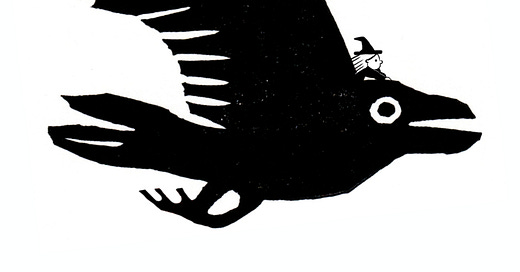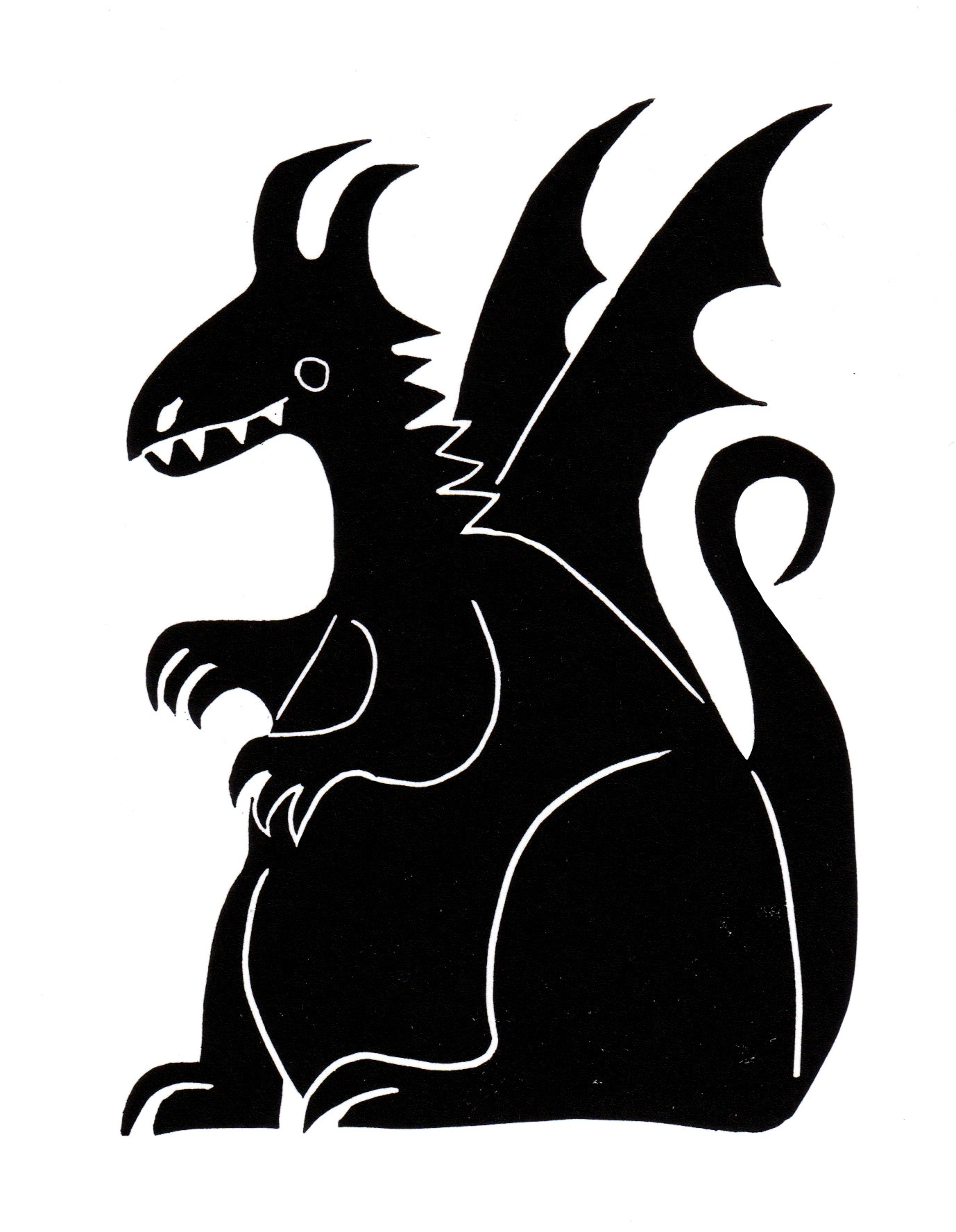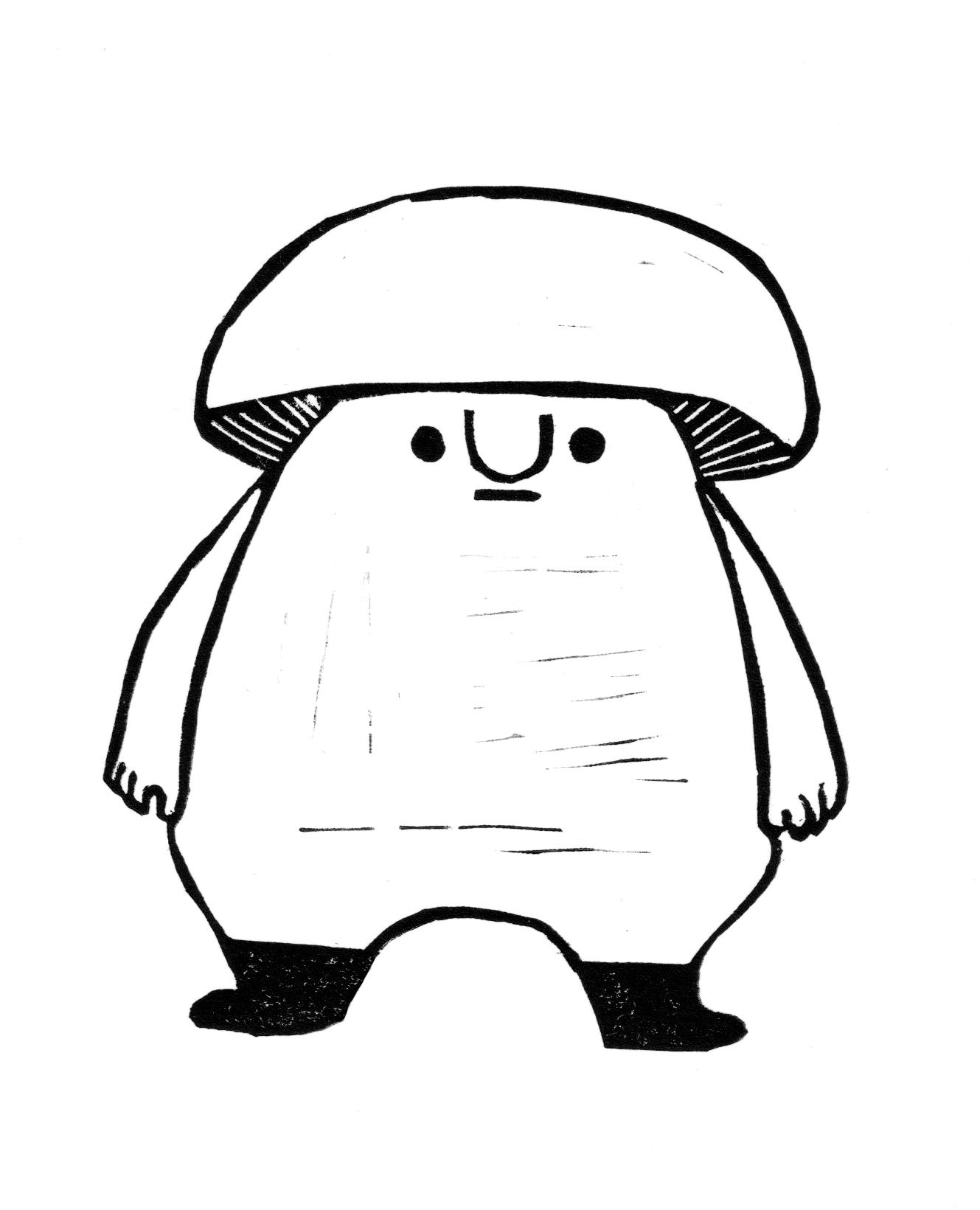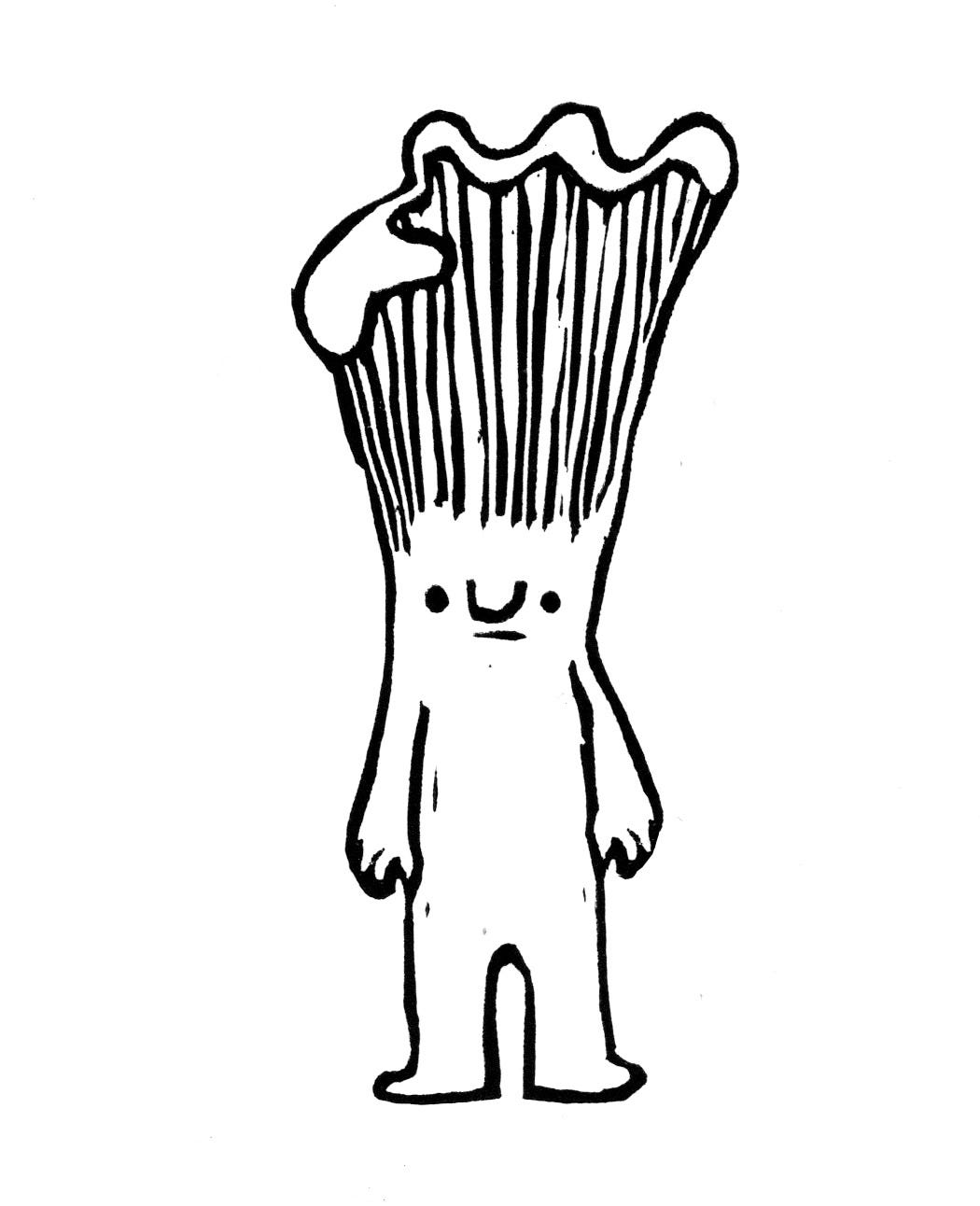There are times in which I am completely hooked on my Nintendo Switch. I will play games as if my life depends on it. Hand drawn games like Wytchwood, Spiritfarer and Ori and the Blind Forest are enchanting to me and I get lost in them. I love games in which the stakes are low, in which I have some kind of garden or farm to tend to like Ooblets and Animal Crossing, or games that require me to fetch and collect materials to craft cool stuff with. A good game is really immersive. Sometimes I lose track of time and then find myself sitting in a dark room, the sun long set and the screen of my Switch the only light source in the room. On several occasions I’ve even played until my Switch ran out of battery. I used to feel a bit bad about this, like I was wasting my time. Shouldn’t I be doing more important, grown up things, like doing my dishes or sorting out my tax bill?
It turns out that there are many positive benefits to gaming, like stress reduction and improved cognitive skills. Here’s my take on what gaming has taught me.
Lesson 1: Succes doesn’t happen over night
When you start a game, the beginning is always a little bit awkward but the more you play, the better you become. This is the same with learning any new skill, but with gaming it’s especially rewarding because learning a new skill usually means unlocking a part of the game that you previously couldn’t enter, or being able to kill the creepy spirit monster with the sick new combo of moves you’ve just learnt.
The same can be applied to my creative practice, only the rewards are less obvious and therefore maybe less rewarding. It also doesn’t help that every time I get better at something, expectations I have of myself and what I should be able to do, go up as well. A way to avoid always rushing to the next thing without appreciating the skills I’m getting better at and celebrating the process, is by gamifying parts of my practice. The Positive Reinforcement chart from my last post is an example of this. Thirty minutes of drawing from observation in a deep focus will get me a physical reward in the form of a cute sticker. Like in a game, the reward is given for the doing the work. It’s not about how beautiful the work is (you should see my first Animal Crossing Island) but for completing the task. The game is the process. That’s the fun bit. Doing the actual game. Not finishing the game, but playing the game.
Lesson learnt: Succes doesn’t happen overnight. Sometimes it takes weeks or even months to complete a task, like expanding your house or paying off your debts (I’m looking at you Tom Nook). What matters are the small, daily acts that all add up towards completing the goal. That is where growth will happen an it’s the only way to advance in the game.
Lesson 2: Doing the side quests will help completing the main quest
I don’t think there are games in which you can head straight to the final boss. If you could, it would be no fun because, a: there would be no game and b: no matter how hard you try, you probably couldn’t beat them anyway. You still need to learn the right moves/combo attacks that you only pick up by beating the smaller, sub bosses. As an elderly millennial, my favourite games from my childhood are Sonic the Hedgehog and Altered Beast, played on our SEGA Genesis. I have spent many a rainy summer day slaying freaky eye monsters and whizzing through hoops, collecting coins.
In both games the characters go through several transformations or need to learn specific skills in order to take out that final boss. By doing the ‘side quests’ such as learning more about colour, value and composition, I can eventually, after a lot of trial and error, be able to complete the tasks/final boss of writing and illustrating a picture book.
There are times in the game in which, instead of learning that new combat move, you need to find that specific person, maybe a wizard or a wise cat, usually illuminated by a useful beam of light, that will send you on the right quest. Sometimes we only need to require specific knowledge, like where to get a healing potion or where to get a new crop or a weapon update. When applying this to a creative practice, crit-groups are great for this. Make sure to find some like minded, creative people to discuss your work with. Not only is this fun and useful, it is also a healthy thing to do. We are social animals and us illustrators tend to spend a lot of time alone, behind our desks, so go out there and find your people.
Lesson learnt: Break big goals into smaller, more manageable ones and learn all the skills (and maintain those skills with lots of practice) that are required to accomplish the more difficult, bigger task.
Lesson 3: Keep an eye on your health bar
You think only the final boss can kill you? If you don’t pay attention to your health bar, any random minion can be the end of you. So make sure you have enough healing potion (or snacks) on you, or know where to get it.
For me, the most restoring things are stretching often, drinking enough water and tea, going out for walks in my local park and resting my eyes, either by looking away from my screen for a few minutes, or by taking a cheeky nap. Other reviving activities are spending time on my hobbies like knitting or embroidery, hanging out with my friends and visiting museums, thrift stores or secondhand book shops.
Lesson 4: There is no failure
Died on the first level? No problem, you can start again. And again, and again. This is how you learn the game and how you build your skills until you’re ready for the next challenge. As I discussed in lesson 1, there is no other way through to the next level until you master the skills you need. Instead of looking at a shitty drawing and believing myself a failure, I can try seeing it for what it is, a building block towards mastering the skill I want to learn. In games, failure is encouraged. By failing we try out different approaches to solving a specific problem.
In Animal Crossing you have to shake the trees in order to get goodies such as fruits, acorns and even complete pieces of furniture. The very first few times I did this everything was dandy, until that time I woke up a swarm of wasps that chased me around my entire island and eventually, because the will get you, stung me in right in the face (okay Nintendo). Next time I was shaking those trees, I was sure to have some medicine ready in my pocket and I had my net in my hands. After a day of working in the studio I look over the day’s work and write down what went well and what could be improved. I make a plan for the next day on how to approach the issue the following day.
Lessons learnt: Reframe feelings of failure, detaching my self worth from failed or bad drawings and seeing them as the necessary steps towards growth. Progress only stops when you quit.
Lesson 5: Sometimes all you do is water your crops
Somedays, you’re absolutely killing it, bashing out a project or slaying a particular creative demon. But there are also days in which nothing gets on the page. That’s okay. We can look at Animal Crossing or Cosy Grove for inspiration and step out of our homes, talk to our neighbours (or neighbears), collect some shells from the beach and water our plants and crops. This is also a part of the game/process. Sometimes we need to fill up our creativity, our inspiration. Doing nothing is so rare these days. We’re always on our phones, tablets or other screens, on to the next thing. Quiet moments are scarce. When we do nothing, our minds are free to wander. This is the time for our brains to make those weird connections and for new ideas to pop up. Make sure to enjoy enough ‘nothing’ time, so these thoughts can reach you. It’s okay to pauze. Your productivity rate doesn’t determine your worth (more on this in another blog). You’re allowed to just be and exist in this world. So go and be with friends, go out in nature, or just relax for the afternoon.
Final thoughts
Gaming has taught me to be patient with myself and my process. It has taught me that the best way to learn is to fail, many times. Figuring out how I can solve it differently. Gaming has taught me to persevere and to not quit when it get’s difficult, to be curious and excited and be hungry for learning. It has also taught me that there is strength in community and that sometimes it’s more fun to play together.
As always, thank you so much for being here. See you in the next one.
Maris
Wild Geese
You do not have to be good.
You do not have to walk on your knees
for a hundred miles through the desert, repenting.
You only have to let the soft animal of your body
love what it loves.
Tell me about despair, yours, and I will tell you mine.
Meanwhile the world goes on.
Meanwhile the sun and the clear pebbles of the rain
are moving across the landscapes,
over the prairies and the deep trees,
the mountains and the rivers.
Meanwhile the wild geese, high in the clean blue air,
are heading home again.
Whoever you are, no matter how lonely,
the world offers itself to your imagination,
calls to you like the wild geese, harsh and exciting–
over and over announcing your place
in the family of things.
Mary Oliver
from Dream Work by Mary Oliver
published by Atlantic Monthly Press
© Mary Oliver
Links:
The Surprising Benefits of Gaming, Ali Abdaal on YouTube
The game i made to become a better artist by Belartsy on YouTube









Great post! Now I’ll have to think about what I learnt from playing The Sims, The Witcher and Baldur’s Gate 3. 😀
Wow, a great analogy! I’m not a gamer now, but I used to play a lot in school, so it all makes a lot of sense!